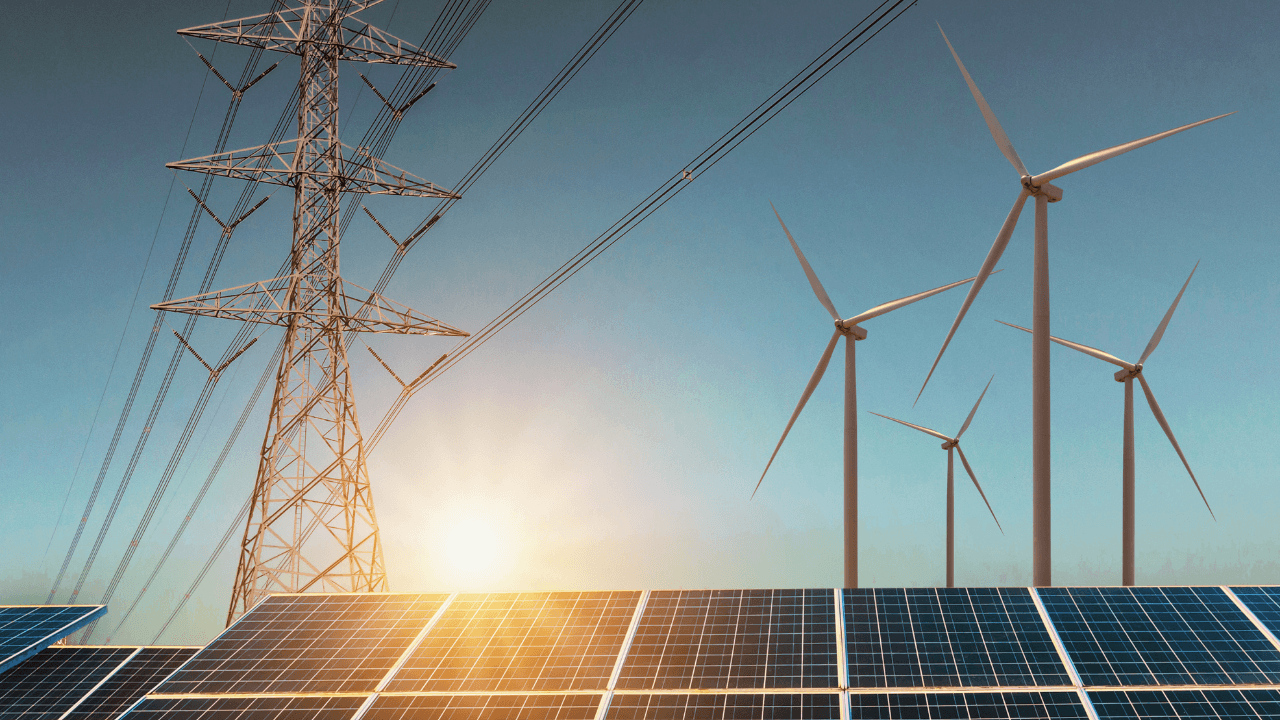UK’s PM Boris Johnson says the country will go 100% renewable by 2035. The plan is to reduce emissions and the UK’s dependency on overseas hydrocarbons.

The UK plans to remove the fossil fuel component from its electricity mix by 2035, the country’s Prime Minister Boris Johnson announced two weeks ago.
The news comes on the eve of the upcoming COP26 international conference the UK is to host in Glasgow next month.
EcoWatch reports that the country has already taken big steps in the direction of sustainability; (1) reduce total emissions by 78 percent by 2035 and (2) ban new sales of gas and diesel cars by 2030.
[W]hat we're also saying is that by 2035, looking at the progress we're making in wind power — where we lead the world now in offshore wind — looking at what we can do with other renewable sources, carbon capture and storage with hydrogen potentially, we think that we can get to complete clean energy production by 2035.
Boris Johnson, UK Prime Minister
At the moment, the UK gets 43 percent of its electric energy from renewable sources, but natural gas is still a major player.
This is also an economic problem for customers, as price increases raise the risk of a winter energy crisis.
So apart from eliminating carbon emissions from that sector, going renewable means the country will, for the first time, not be dependent on fossil fuels coming from overseas.
It’s clearly a win for the planet and people’s pockets.
However, there’s a lot to be done yet. Currently, the renewable growth is at its slowest since 2010 in both wind and solar.
The final question remains whether the country can afford to abandon nuclear as well as fossil-fuel electricity.
More inspiring green news similar to this:




Pingback: Germany Plans to Get 100% of Energy From Renewables by 2035